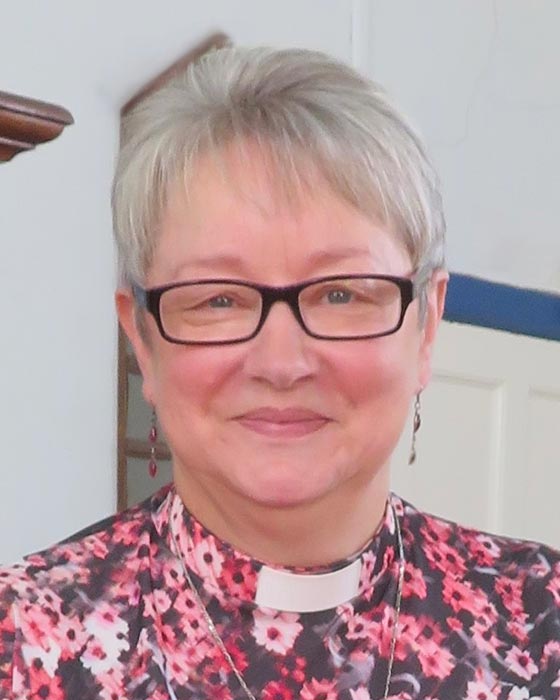Moravian Ministers and Bishops in the British Povince
Ministers















Bishops

Rt Rev John McOwat
Consecrated on 21st September 2002
Number 331 (Ancient and Renewed Church) and 269 (Renewed Church)

Rt Rev Joachim Kreusel
Consecrated on 29th November 2014
Number 356 (Ancient and Renewed Church) and 294 (Renewed Church)
Minister at Ockbrook Moravian Church and Leicester Moravian Church

The Moravian Church maintains the threefold order of ministry of Deacons, Presbyters and Bishops.
Fundamental for the Moravian understanding of the bishop’s office is the function of a bishop “as being a pastor of pastors”. This pastoral function reflects the image of Jesus Christ himself being the “Shepherd and Bishop” of our souls (1 Peter 2:25).
The bishop’s office represents an important element of connection between the ancient Unity and the renewed Moravian Church in 1722, it symbolizes the continuity of our order of ministry. Each bishop has two numbers, the first being the number of the bishops since 1467 and the second being the number of bishops since the consecration of David Nitschmann in 1735. The Unity Archives at Herrnhut keep the official record of all consecrations.
Likewise, the bishop’s office is an element of connection between the different provinces, as the function of a Bishop is valid throughout the Unity as a whole. These connections find their expression in the practice that a new bishop is consecrated through the laying on of hands by at least two other bishops, of whom at least one should come from a different province. There are regular contacts between bishops across the provinces. In the British Province three bishops are required for the consecration of a bishop.
In the British Province bishops are elected from among the Presbyters by a secret ballot at the Provincial Synod. A majority of two-thirds is required to secure the election of a Bishop. Bishops are consecrated to this office for their lifetime, but they may choose to retire from active service for reasons of age or failing health. Bishops can be elected as a member of the Provincial Elders Conference, but may not serve as its president.
The duties of Moravian Bishops include:
pastoral care to pastors
supporting the Moravian Church in being faithful to Christ and the Gospel
intercession for the Unity and the whole Christian church
carrying out ordinations and consecrations
keeping in touch with people in theological training
visitation of congregations for the deepening of spiritual life
representing the church in ecumenical gatherings and before governmental agencies (if asked by the Provincial Board to do so)
In the British Province a Bishop sits on each Provincial Standing Committee and meets regularly with the Provincial Elders Conference

